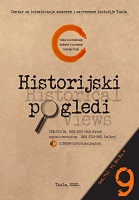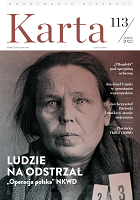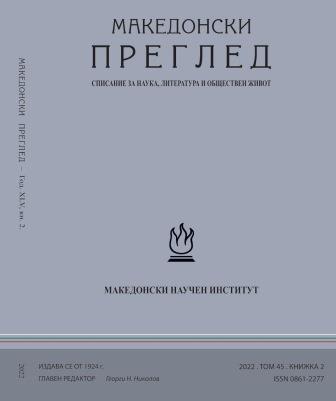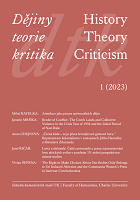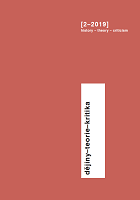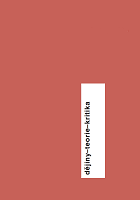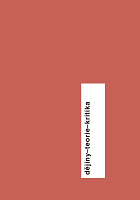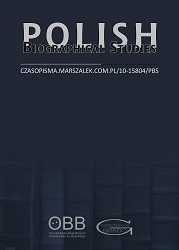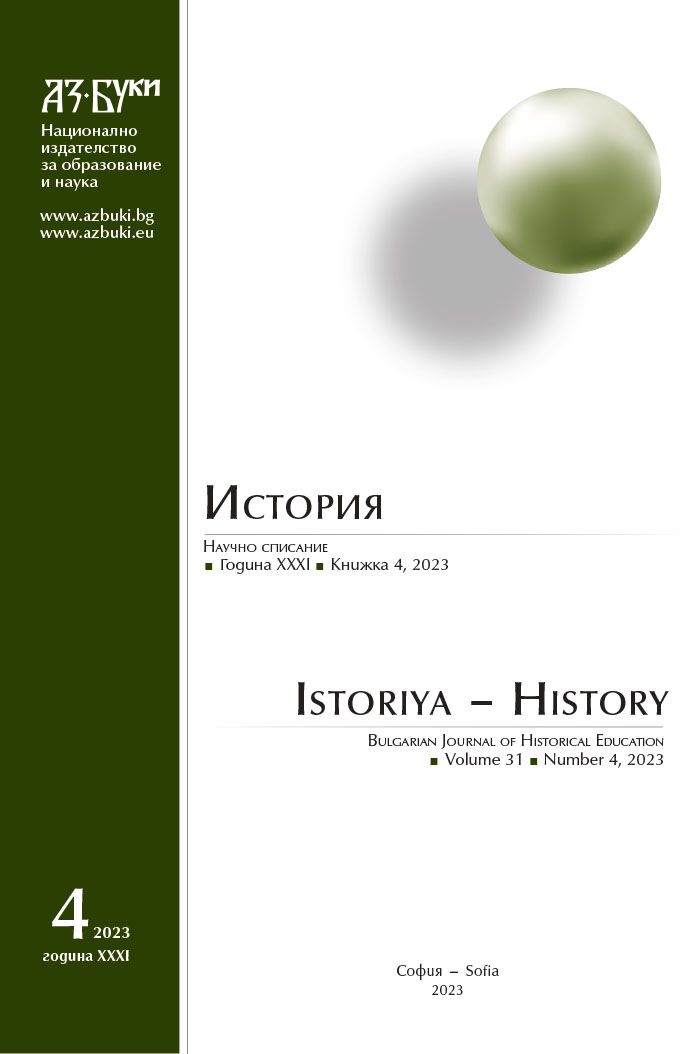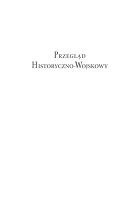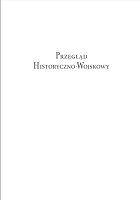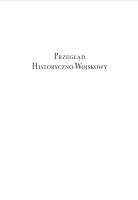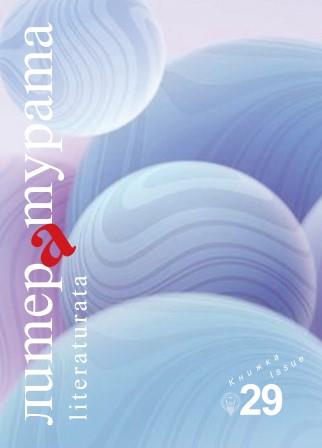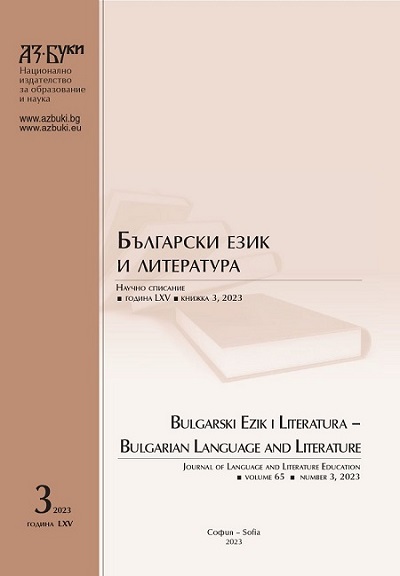
Академик Любомир Милетич – щрихи към портрета (По случай 160 години от рождението му)
Professor Lyubomir Miletich (1863 – 1937) is one of the linguists of the first generation of Bulgarian scientists, who left a significant mark in the history of Bulgarian linguistics. His contributions in various fields of knowledge – linguistics, history, ethnology and others – were highly appreciated by his contemporaries and to this day serve as a basis for the development of further research in these fields. Of particular importance for linguistics are his studies „Das Ostbulgarische“ and „Die Rhodopemundarten der bulgarischen Sprache“, which describe the features of some Bulgarian dialects at the end of the 19th century. In 2023, when the160th anniversary of L. Miletich's birth will be celebrated, his contributions to the development of Bulgarian science are increasingly indisputable.
More...
